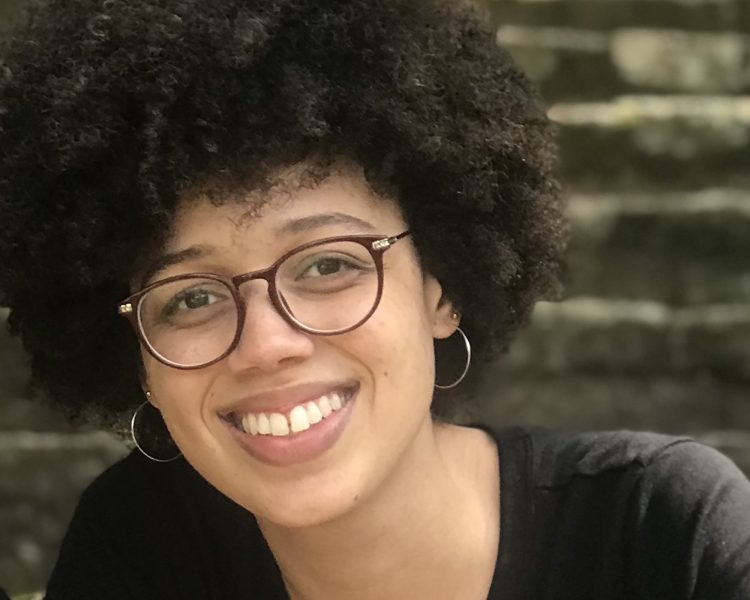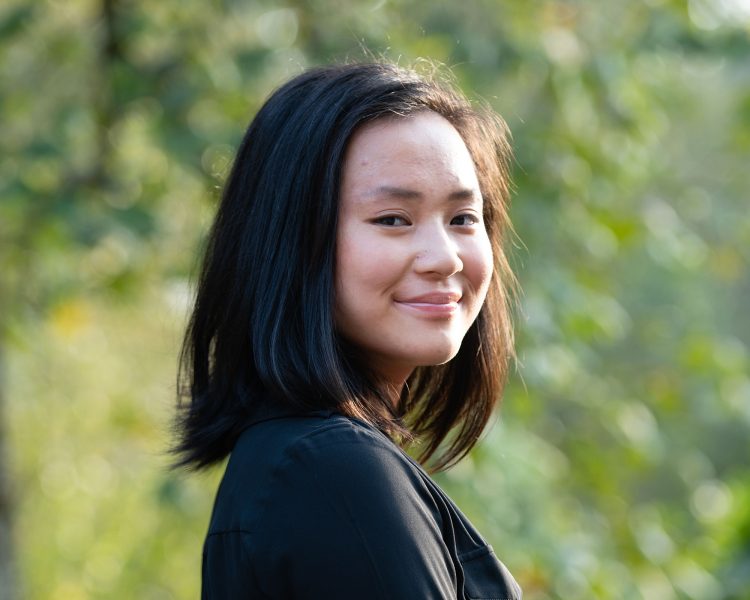2020 de Courtivron Writing Prize
The Isabelle de Courtivron Writing Prize recognizes high-quality undergraduate writing (creative or expository) on topics related to immigrant, diaspora, bicultural, bilingual, and/or mixed-race experiences.
First Prize
Miriam Wahid (Course 11 and Course 21W, class of 2021) for her memoir, “5524 Yellow Poplar Drive, Salisbury, North Carolina,” about growing up as a Muslim Irish-African-American in a rural Bible-belt community where “seas of confederate flags fly” and the mundane act of fetching the mail requires bravery and resilience. Wahid likens her family’s home to a crock pot, where the mixing and alteration of recipes from across traditions represent the challenges, flexibility, and compromise inherent in cultural hybridity. Her narrative captures the profound and respectful cohesion of a loving family even in conditions of economic duress and bigotry. In Pico Iyer’s terms, Miriam Wahid’s home is both a piece of soil—3825 Woodleaf Road—and a piece of soul, represented by her mother’s crock pot, whose foods are “warm and storied and compromising and safe.”
Second Prize
Elaine Wen (Course 15-2, class of 2023) for “Red Bean Soup,” an evocative meditation on the most profound of emotions: a mother’s love for her child. The poem’s vivid culinary images and sensations, combined with concrete details expressed in Mandarin and English, capture the nature of cultural code-switching superbly. The repeating initial line of five stanzas, “there were no I love you’s,” serves as a chant or chorus that highlights communication differences. What is explicit in English speech—I love you—has instead been demonstrated implicitly, day and night, in the many savory and sweet expressions of love provided by Wen’s mother in the complex and satisfying flavors of zao dian shui, tang yuan, xiao long bao, and ji tang. But Wen recognizes the value of both the explicit and implicit, as she describes how “miles away from home / missing the taste of red bean soup / is when I begin to say / I love you.”
Honorable Mentions
Kidist Adamu (Course 6-9, class of 2022) for “Shedding Language”
Talia Pelts (Course 18-C, class of 2020) for “Little Horrors”
Haniya Shareef (Course 20, class of 2022) for “Enough”
Related Content

First Prize winner, Miriam Wahid

Second Prize winner, Elaine Wen
